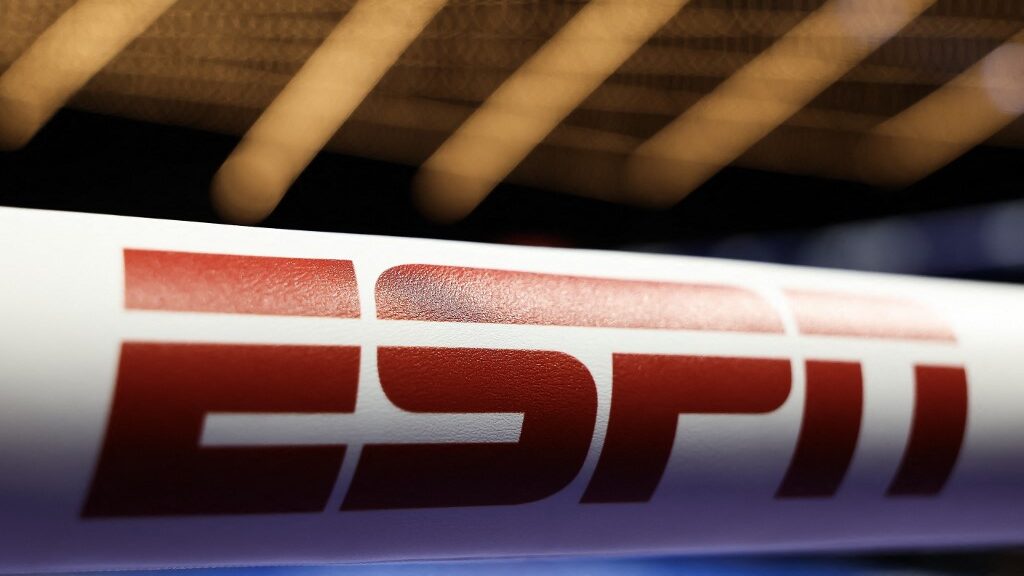
The Illinois House granted Governor JB Pritzker’s wish when it passed HB 4951, a budget bill that more than doubled the state’s sports betting tax. As part of the $53.1 billion budget, the bill introduces a tiered tax system based on total revenue collected. With Pritzker expected to sign the bill, attention now shifts to how sportsbooks and other markets will adapt to the tax increase.
This all started in February when Governor Pritzker revealed his initial budget, which proposed raising taxes on businesses and sports betting revenue. His proposal increased the sports betting rate from 15% to 35%.
Lawmakers ultimately approved a sports betting tax rate that starts at 20% and goes up to 40%, distinguishing between online and in-person sports betting revenue with the following tiers:
- The first $30 million in adjusted revenue is taxed at 20%.
- Revenue between $30 million and $50 million is taxed at 25%.
- Revenue between $50 million and $100 million faces a 30% tax.
- Revenue from $100 million to $200 million is subject to a 35% tax.
- Any revenue above $200 million is taxed at the maximum rate of 40%.
It also distinguishes between online and in-person sports betting revenue.
Last year, eight online and 11 physical sportsbooks paid more than $150 million in sports betting tax revenue to Illinois. That number will increase significantly.
FanDuel and DraftKings Expected to Stay
The new tiered net revenue tax scale replaces the previous flat rate of 15% that sportsbooks had been paying since the launch of the now $1 billion Illinois industry in 2020. Pritzker says it’s a matter of operators paying “their fair share.”
Online sportsbook operators FanDuel and DraftKings are not only going to be hit the hardest by the tax increase, but they are also the only sportsbooks among Illinois’ roster of 13 to collect more than $100 million last year.
Following the Senate’s budget approval, DraftKings and FanDuel saw a decline in stock prices.
Pritzker says FanDuel and DraftKings aren’t expected to leave Illinois, but are said to be reevaluating their Illinois operations.
Will Other States Follow Illinois?
Despite raising its tax rate to 40% on sports betting, Illinois still doesn’t have the highest rate in the country. New York and New Hampshire hold that distinction with a 51% tax rate. Pennsylvania rivals Illinois at 36% and Ohio at 20%.
In fact, Ohio’s governor was the first governor to increase the tax rate on sports betting. In 2021, Ohio launched sports betting and taxed it at 10%. However, lawmakers later decided to double the tax rate to 20%. Ohio Governor Mike DeWine agreed with this change and signed it into law in July 2023.
Massachusetts lawmakers are discussing an increase, but Senators recently rejected an amendment to the state budget to raise the online sports betting tax from 20% to 51%.
Now it remains to be seen if they reverse course, and if other states will continue the trend and increase the amount they can make in state taxes on sports betting.















